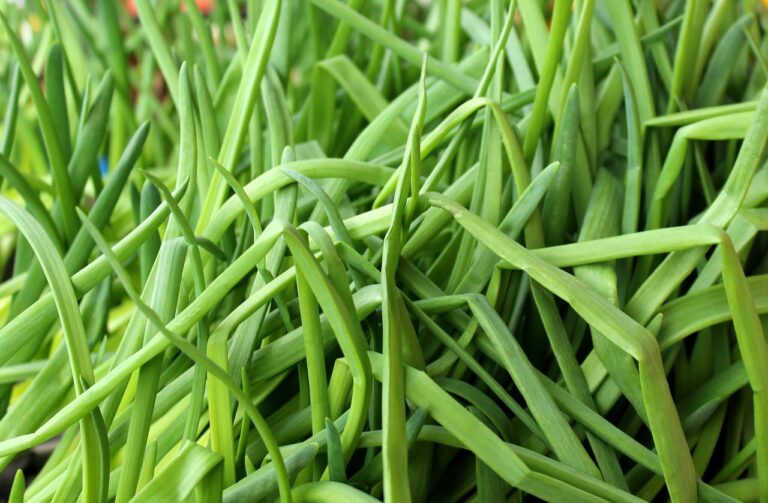Food Industry’s Response to Climate Change: Mitigation and Adaptation Strategies
The food industry is significantly impacted by the challenges posed by climate change. With unpredictable weather patterns, extreme temperatures, and water scarcity becoming more frequent, agricultural production faces obstacles that can lead to crop failures and food shortages. These environmental changes not only affect crop yields but also disrupt food supply chains, leading to increased prices and food insecurity for communities around the globe.
Furthermore, as climate change continues to alter ecosystems and weather conditions, pest and disease outbreaks in crops are becoming more common. Farmers are now battling invasive species and pathogens that were once controlled by natural environmental factors. This not only poses a threat to crop productivity but also increases the need for the use of chemical pesticides and fertilizers, further impacting the environment and human health.
Climate change leads to unpredictable weather patterns, extreme temperatures, and water scarcity
Agricultural production faces obstacles that can lead to crop failures and food shortages
Environmental changes disrupt food supply chains, leading to increased prices and food insecurity globally
Pest and disease outbreaks in crops are becoming more common due to climate change
Farmers are battling invasive species and pathogens once controlled by natural factors
Impact of Climate Change on Agriculture and Food Production
Climate change is significantly impacting agriculture and food production worldwide. Rising global temperatures are leading to shifts in growing seasons and changing precipitation patterns, affecting crop yields and productivity. Extreme weather events such as droughts, floods, and heatwaves are becoming more frequent, posing challenges to farmers and the overall food supply chain.
Furthermore, climate change is exacerbating pest and disease pressures on crops, threatening food security and stability. Pests are expanding their range to new areas previously unaffected, causing crop damage and losses. Additionally, the changing climate is creating favorable conditions for the spread of plant diseases, further compromising agricultural production and food availability.
Innovative Sustainable Practices in Food Production
Sustainable agriculture has become a key focus for the food industry in light of the pressing challenges posed by climate change. One innovative practice gaining traction is precision agriculture, which utilizes technology such as drones and sensors to optimize crop management. This allows farmers to make informed decisions regarding irrigation, fertilization, and pest control, leading to increased efficiency and reduced environmental impact.
Another promising sustainable practice is regenerative farming, which focuses on restoring and preserving soil health. By implementing techniques like crop rotation, cover cropping, and reduced tillage, farmers can enhance soil biodiversity, improve water retention, and sequester carbon. Not only does regenerative farming promote long-term sustainability, but it also contributes to combatting climate change by mitigating greenhouse gas emissions.
What are some of the challenges posed by climate change for the food industry?
Climate change is causing unpredictable weather patterns, droughts, floods, and pest outbreaks, which can all have a negative impact on crop yields and food production.
How does climate change affect agriculture and food production?
Climate change can lead to reduced water availability, changes in temperature and rainfall patterns, and increased frequency of extreme weather events, all of which can impact crop growth and food production.
What are some innovative sustainable practices in food production?
Some innovative sustainable practices in food production include precision farming techniques, agroforestry, organic farming, and the use of renewable energy sources to reduce carbon emissions.
How can the food industry adapt to the challenges of climate change?
The food industry can adapt to climate change by implementing sustainable farming practices, investing in research and development of climate-resilient crops, and reducing food waste throughout the supply chain.







